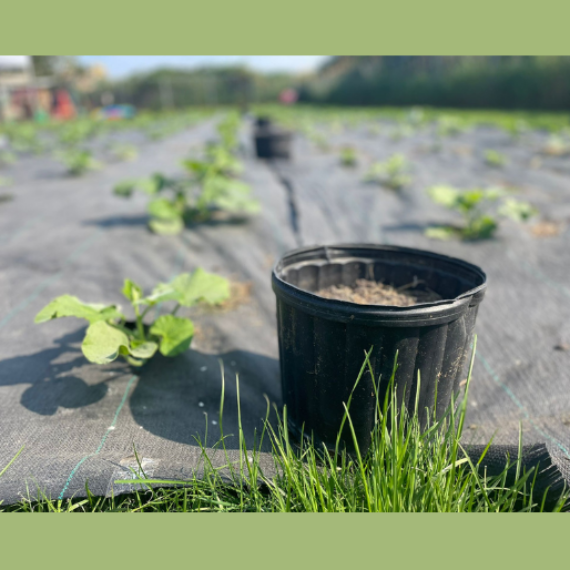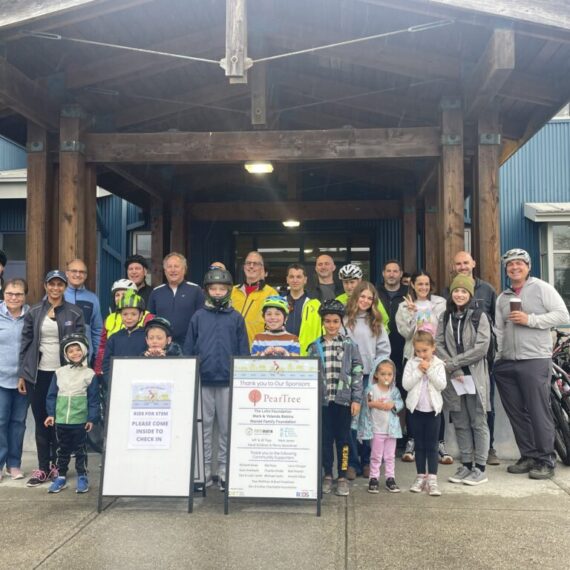Below is a list of 30 Acts of Reconciliation. Many of these are small, everyday acts that average Canadians can undertake, but others are more provocative that encourage people to think about Indigenous-settler relationships in new ways. I encourage you to share as a family your engagement with items on the list.
- Learn the land acknowledgment in your region
- Find your local reconciliation organization
- Attend a cultural event, such as a pow-wow
- Purchase an item from an Indigenous artist
- For instance, if you are interested in owning a dreamcatcher or a pair of moccasins, find an Indigenous artist who can craft these items for you and provide you with information about these special creations
- Download an Indigenous podcast or read an autobiography written by an Indigenous person
- Find out if there was a residential school where you live
- Choose one plant or flower in your area and learn how Indigenous people used it
- Visit your local museum, particularly its section on Indigenous people
- Learn a greeting in a local Indigenous language
- Register for the University of Alberta’s online MOOC, called “Indigenous Canada,” for free
- Initiate a conversation with a friend about an Indigenous issue in the news
- Eat at an Indigenous restaurant, café, or food truck
- Find a book that delves into Indigenous local histories or find some books for your children that explain the histories and legacies of residential school (see CBC’s list of suggestions)
- Ask yourself if stereotypes about Indigenous people align with your beliefs
- Learn your family history. Know where your ancestors came from and when they arrived in Canada
- Learn the difference between Indigenous, Aboriginal, First Nation, Métis, and Inuit
- Gently counter racist or stereotypical comments with fact-based information whether you are at a party, the office, school or the gym
- Find the Indigenous section at your local library
- Write to your municipal, provincial, and federal representatives and ask them how they are implementing the Truth & Reconciliation Calls to Action
- Find an organization locally that has upcoming programming where you can learn more. In many areas, this is called a Native Friendship Centre
- Be aware that Indigenous people were restricted from voting in federal elections until 1960
- When traveling, know whose land you are visiting while on vacation or traveling for work
- Observe what is celebrated and recognized in the monuments, parks, and street names in your city. Think about how public history could be told differently
- Volunteer your time to an Indigenous non-profit organization
- Make reconciliation a family project and complete items on this list together
- Bring your children to events, learn words in an Indigenous language together, and organize a youth blanket exercise, for example
- Start your own Heart Garden with messages of support for residential school survivors
- Find out if your local hospital has an All Nations Healing room or something similar
- Understand that reconciliation is not about “feeling guilty.” It is about knowledge, action, and justice
- Commit to being a lifelong student beyond Canada.
On #OrangeShirtDay for National Day for Truth & Reconciliation, we remember the history, the lost children and the survivors of the Residential School System. Today and every day, let’s honour the strength and resilience of the First Nations, Inuit and Métis families because #EveryChildMatters.









Leave a Comment